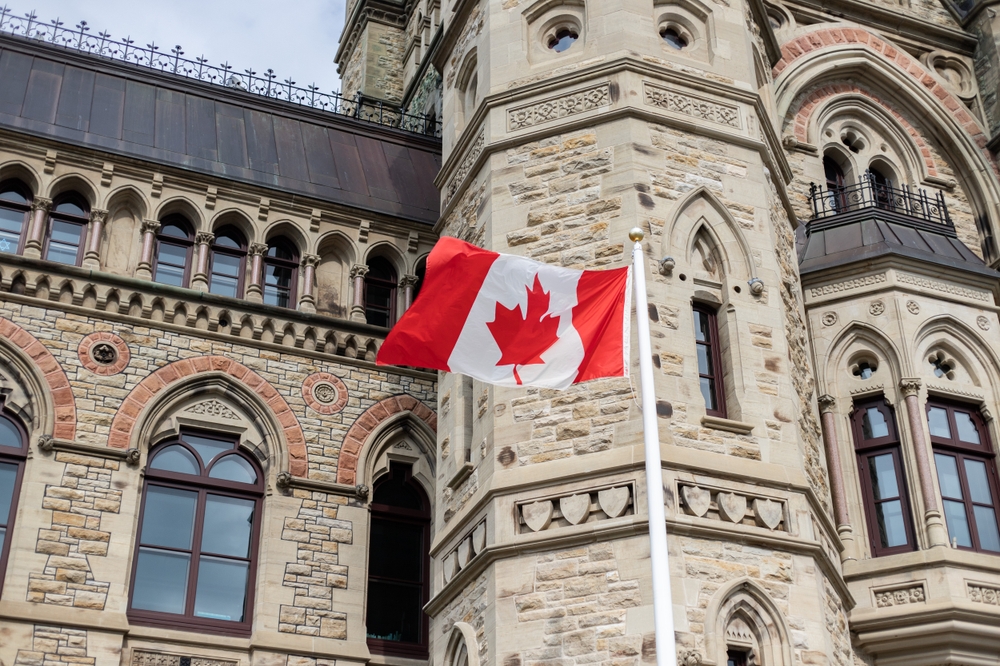Canada’s biggest achievements rarely dominate international news, but its impact across industries is undeniable. Beyond the usual conversations about hockey and maple syrup, the country has built a reputation for quietly effective innovation. From tech breakthroughs and renewable-energy leadership to consumer brands that became global favorites, Canadian success stories often grow steadily rather than loudly. Here are 25 Canadian successes hidden behind the headlines.
Shopify

Founded in Ottawa in 2006, Shopify evolved from a small snowboard-store platform into one of the world’s most important e-commerce companies. It empowers millions of merchants to run online stores and has processed hundreds of billions in sales. The platform expanded with payment systems, fulfillment services, and marketing tools, transforming global retail. Headquartered in Canada, it proves that international tech giants can grow outside Silicon Valley. Its success helped define Canada’s digital-business identity and strengthened the nation’s reputation for software engineering excellence. Shopify’s steady innovation continues to anchor Canada’s growing tech ecosystem and entrepreneurial confidence worldwide.
Benevity

Calgary’s Benevity, founded in 2008, revolutionized how corporations manage donations and volunteering. Its software enables global firms like Microsoft and Coca-Cola to automate giving programmes and employee volunteering. The company’s focus on measurable social impact makes it both a business success and a force for good. Benevity became one of Canada’s earliest billion-dollar “tech for good” companies, proving that purpose-driven innovation can scale globally. By blending corporate technology with social responsibility, it positioned Canada as a leader in ethical entrepreneurship and software built around values rather than only profit. Benevity remains a quiet yet powerful export of Canadian ingenuity.
The Great Little Box Company

Started in 1982 in Richmond, British Columbia, The Great Little Box Company began as a small packaging supplier and grew into a national manufacturer of boxes, labels, and packaging materials. Its steady rise came through employee ownership, community focus, and strong relationships with small businesses. The company built a reputation for workplace culture, earning multiple national awards. By keeping production local and expanding sustainably, it became an example of manufacturing resilience in Canada.
Tourmaline Oil

Tourmaline Oil, headquartered in Calgary, became Canada’s largest natural-gas producer through disciplined growth and efficient operations. Founded in 2008, it focused on acquiring assets in Alberta and British Columbia’s gas-rich regions, maintaining profitability even during downturns. The company emphasized sustainability, cleaner extraction technologies, and responsible development. It stands out in an energy sector often dominated by volatility. Tourmaline’s strategy of reinvestment and low debt allowed steady expansion while staying environmentally aware.
McElhanney

McElhanney, founded in 1910 in Vancouver, provides engineering, surveying, and environmental services across Western Canada. The firm’s employee-ownership model and century-long history show that consistency can be as valuable as innovation. It contributed to major infrastructure projects, mapping, and sustainable development initiatives nationwide. McElhanney’s focus on local expertise and long-term client relationships created a strong internal culture, allowing it to thrive through recessions and changing markets. The company’s success highlights the strength of Canadian professional-services firms that quietly underpin national development while maintaining employee control and ethical operations.
ApplyBoard

Founded in Waterloo in 2015 by the Basiri brothers, ApplyBoard helps international students apply for global education programmes. Its digital platform connects applicants to universities, streamlining admissions across countries. Within five years, ApplyBoard reached multi-billion-dollar valuation status, becoming one of Canada’s fastest-growing startups. The company simplified complex application systems and promoted access to education worldwide. Its success showcases Canada’s leadership in edtech and its welcoming stance toward international learners.
Borrowell
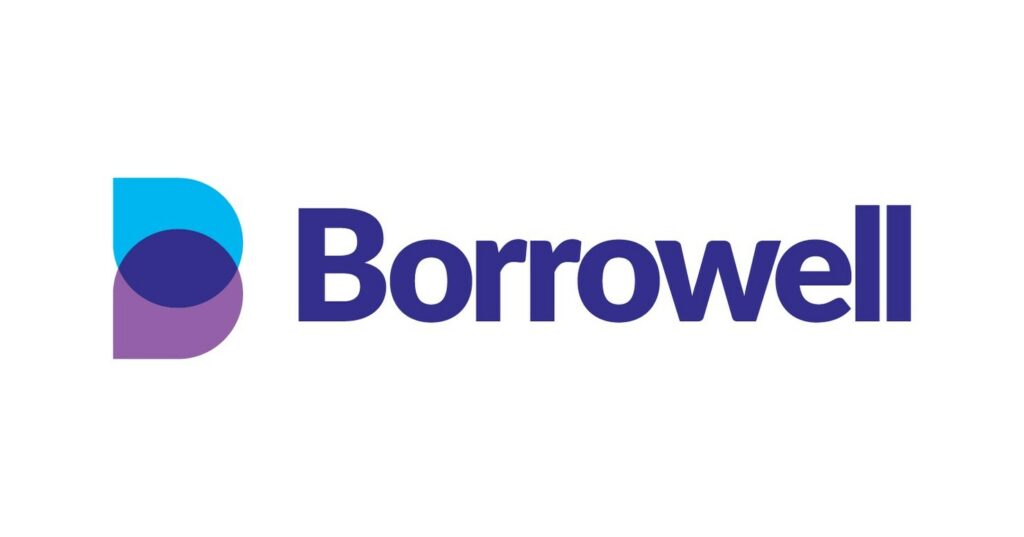
Launched in Toronto in 2014, Borrowell changed how Canadians interact with their credit information. Offering free credit-score access and financial recommendations, it made transparency standard in personal finance. With millions of users, Borrowell created new competition for traditional banks and helped citizens make smarter borrowing choices. The company’s data-driven technology personalizes credit products, increasing accessibility to financial tools. Borrowell’s rapid growth reflects a shift toward financial empowerment and consumer-centric fintech.
Uken Games

Toronto-based Uken Games, founded in 2009, built popular mobile titles such as “Jeopardy! World Tour” and “Who Wants to Be a Millionaire?” for global audiences. Competing with large international studios, Uken succeeded by combining creativity with strong analytics. Its games reached millions of downloads and demonstrated that entertainment software from Canada can compete globally. Uken’s workplace culture and adaptive design approach earned recognition in national growth rankings. This success emphasizes that Canadian creativity extends beyond television and film into interactive media.
Steam Whistle Brewing

Steam Whistle Brewing, founded in Toronto in 2000 by three former brewery employees, built its reputation around one premium Pilsner. Operating from a historic railway roundhouse, it turned location and authenticity into powerful brand assets. The brewery’s consistent focus on quality and eco-friendly operations helped it stand apart in the crowded craft-beer market. Steam Whistle grew nationally, remaining independent while exporting to select markets abroad. Its story proves that a single-product company can thrive through discipline, transparency, and clever branding.
Minto Group

Established in 1955 in Ottawa, Minto Group has constructed more than 100,000 homes and operates extensive residential and commercial holdings. The company was among Canada’s first to introduce net-zero-energy homes, integrating sustainability into mainstream housing. Its success lies in balancing community planning with innovation, not speculative development. Minto’s long-term focus helped it survive multiple housing cycles and expand into U.S. markets. This steady leadership illustrates how Canadian real-estate firms can combine responsible growth, environmental awareness, and profitability.
Clearco
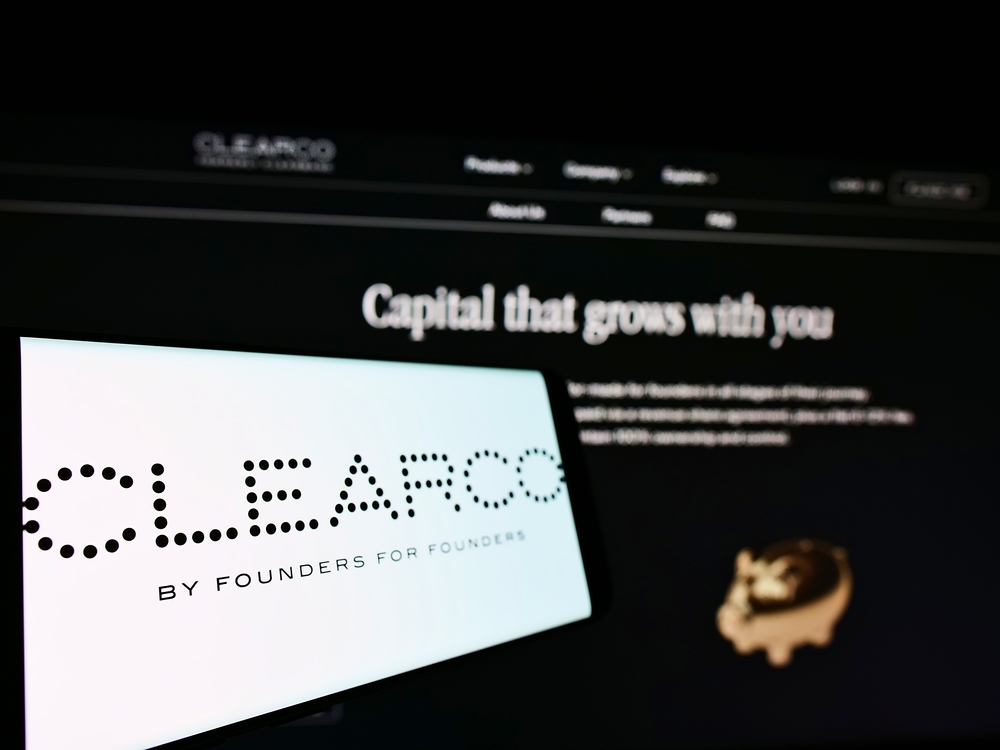
Toronto’s Clearco, formerly Clearbanc, introduced a revenue-share investment model for online businesses. Founded by Michele Romanow and Andrew D’Souza, it provided fast funding to e-commerce entrepreneurs without taking equity. Its algorithmic financing revolutionized startup funding by analyzing performance data rather than personal networks or collateral. The company raised billions in capital and served thousands of businesses globally. Clearco exemplifies Canada’s growing influence in fintech innovation. By solving access-to-capital challenges for diverse founders, it changed how entrepreneurs fund growth.
Canada Goose
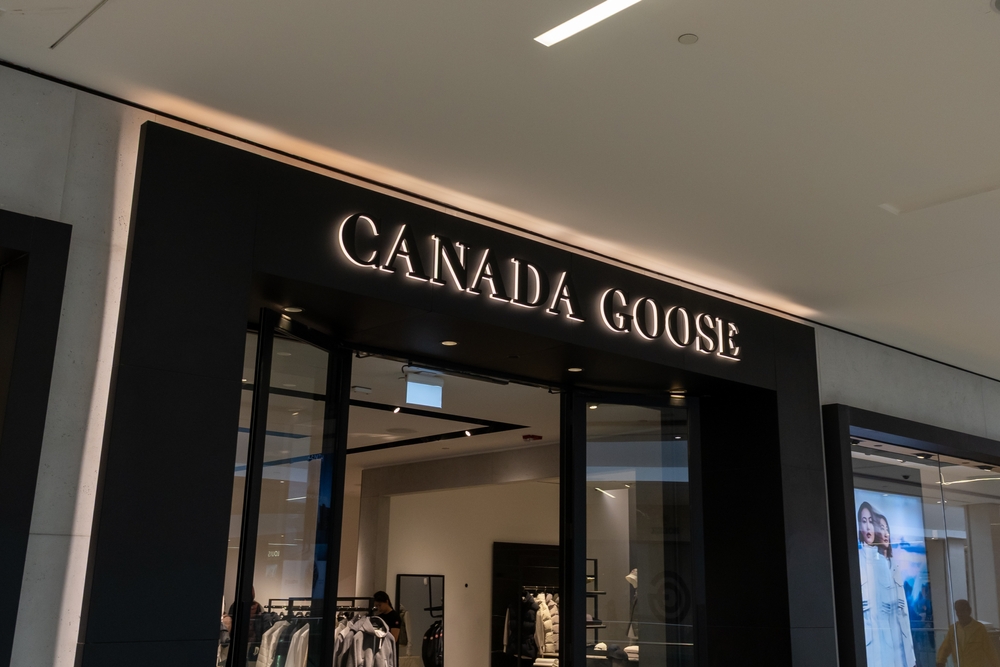
Toronto-based Canada Goose transformed utilitarian outerwear into a global luxury product. Founded in 1957, the brand gained worldwide recognition for its high-quality parkas and Canadian manufacturing. The company focused on craftsmanship and storytelling, aligning durability with exclusivity. Its expansion into Asia, Europe, and the U.S. turned it into one of Canada’s top fashion exports. Canada Goose shows how national identity can complement business without defining it entirely. Its global success stems from quality, authenticity, and consistent brand management rather than mass advertising.
Lululemon

Founded in Vancouver in 1998, Lululemon pioneered the athleisure trend, blending athletic performance with fashion. Its growth turned yoga wear into a multi-billion-dollar industry. Lululemon’s retail strategy emphasized community engagement, premium materials, and careful brand management. The company expanded to hundreds of international stores while maintaining strong profit margins. Its success reflects the ability of Canadian lifestyle brands to influence global consumer trends. Lululemon’s disciplined operations and customer-centric culture built lasting loyalty. It highlights how innovation in design and marketing, rooted in Canadian creativity, can reshape global apparel markets and redefine everyday wear.
Tim Hortons

Founded in 1964, Tim Hortons grew from a Hamilton doughnut shop into an international restaurant chain serving millions daily. Its model emphasized affordability, convenience, and community connection, making it an everyday cultural fixture. Expansion into the U.S., Asia, and the Middle East turned it into a globally recognized symbol of Canadian hospitality. Despite ownership changes, it continues to anchor Canada’s foodservice identity. Tim Hortons is a reminder that local comfort can evolve into a global enterprise when operations remain disciplined and quality control remains steady.
Kids & Company
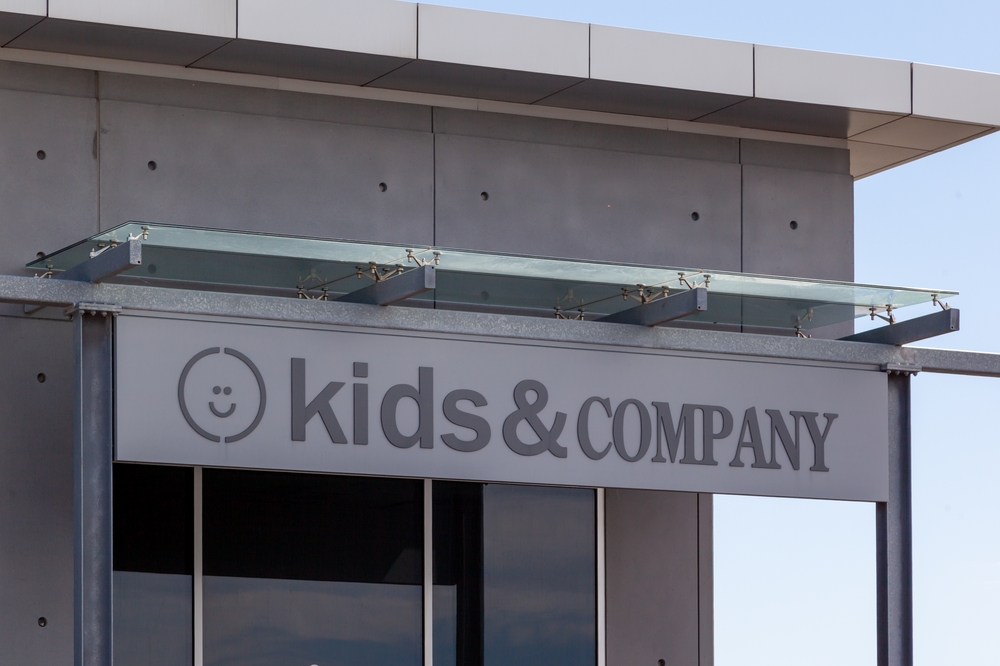
Kids & Company began in 2002 in Richmond Hill, Ontario, offering flexible childcare for working parents. It expanded nationwide, providing corporate partnerships for on-site daycare and family support programmes. Its founders, Victoria Sopik and Jennifer Nashmi, built a scalable model balancing quality with convenience. Recognized among Canada’s Most Admired Corporate Cultures, the company demonstrates that success in social services can coexist with profitability.
Skyline Group

Guelph-based Skyline Group evolved from small property development into a diversified company operating in construction, land development, and materials supply. Its integrated approach allows control over every project stage, improving cost efficiency and quality. The company’s long-term planning and strong employee ownership contributed to steady growth across volatile markets. Recognized as one of Canada’s Best Managed Companies, Skyline shows that sustainability and financial strength come from smart diversification, not speculation.
Global Relay

Founded in Vancouver in 1999, Global Relay built a cloud-based communication-archiving service used by financial institutions worldwide. It ensures compliance and data security for firms under strict regulatory environments. The company competes successfully against U.S. tech giants while remaining privately held. Global Relay’s long-term contracts with major banks and law firms prove that Canadian tech can dominate specialized enterprise markets. Its growth illustrates how innovation in security and reliability can build global trust.
Nicola Wealth

Nicola Wealth, headquartered in Vancouver, grew into one of Canada’s leading independent wealth-management firms by focusing on alternative assets and holistic financial planning. Founded in the 1990s, it differentiated itself from banks through transparency and disciplined investing. The firm now manages billions in diversified portfolios across real estate, private equity, and impact investments. Its client-centric approach has built loyalty and resilience through economic cycles. Nicola Wealth’s success highlights that Canadian financial expertise extends far beyond the country’s big banks.
Baby Gourmet

Baby Gourmet, founded in Calgary by Jennifer Carlson and Jill Vos, introduced organic baby food in convenient pouches, disrupting a market dominated by large multinationals. From farmers’ markets to national grocery shelves, it grew into a household name through commitment to quality and nutrition. The company’s products now sell across North America. Its success lies in clear branding, product innovation, and responsiveness to changing parental preferences. Baby Gourmet proves that smaller Canadian consumer-goods firms can achieve international recognition through authenticity, high standards, and direct connection with their customer base.
Medgate

Toronto-based Medgate developed occupational-health and safety software adopted by major global corporations. The platform tracks incidents, audits, and compliance data to enhance workplace safety. Its emphasis on prevention rather than reaction made it valuable across industries. Medgate expanded internationally before being acquired, but its roots remain an example of Canadian enterprise software excellence. The company’s ability to combine data analytics with real-world applications demonstrates that Canada’s tech sector succeeds across multiple verticals, not just retail or entertainment.
Fiera Foods

Toronto’s Fiera Foods began as a family-run bakery and grew into an international food manufacturer supplying pastries and frozen goods to major retailers. Through continuous automation and logistics upgrades, it built an efficient supply chain serving North America and Europe. The company’s expansion showcases how Canadian manufacturing can scale globally without losing quality. Fiera’s consistent reinvestment in technology and workforce training strengthened its competitive edge. Its success story demonstrates that even in low-margin industries, operational discipline and long-term thinking can secure growth.
Dentalcorp

Dentalcorp, founded in 2011, consolidated independent dental practices under one national organization, providing shared resources, technology, and training. With hundreds of clinics, it became one of North America’s largest dental networks. The model allows local dentists to focus on patient care while benefiting from corporate efficiencies. Dentalcorp’s scale and consistency improved access to dental services across provinces. Its success underscores how professional-services industries can modernize through thoughtful consolidation without losing local trust.
Aritzia

Aritzia began in Vancouver in 1984 as a single women’s clothing boutique and evolved into a global fashion retailer listed on the Toronto Stock Exchange. Known for clean design and in-house brands like Wilfred and Babaton, it built loyal customers through consistent quality and an elevated store experience. Aritzia’s steady international expansion, particularly in the United States, highlights Canadian influence in modern retail. Its focus on design control and supply-chain efficiency keeps it profitable amid industry challenges. Aritzia exemplifies how homegrown fashion can achieve global reach without sacrificing brand identity or operational discipline.
Cooke Aquaculture

Cooke Aquaculture, headquartered in Blacks Harbor, New Brunswick, grew from a small family business into one of the world’s largest seafood companies. It manages operations across continents, farming salmon, sea bass, and shrimp. Cooke invests heavily in sustainable aquaculture, research, and environmental compliance. The company’s growth proves that global success can come from rural Canadian roots. Its steady international expansion supports regional economies while promoting responsible food production. Cooke Aquaculture stands as an example of how traditional industries can modernize sustainably and compete globally through technology, quality, and long-term stewardship.
CGI Inc.

Montreal-based CGI, founded in 1976, is one of the largest IT and consulting firms globally. It provides systems integration, outsourcing, and digital-transformation services to governments and corporations worldwide. CGI’s rise from a small Canadian consultancy to a multinational employing tens of thousands demonstrates consistent strategic growth. The company expanded through careful acquisitions and disciplined project management. CGI represents Canadian business maturity at scale: quiet, competent, and globally respected.
21 Products Canadians Should Stockpile Before Tariffs Hit

If trade tensions escalate between Canada and the U.S., everyday essentials can suddenly disappear or skyrocket in price. Products like pantry basics and tech must-haves that depend on are deeply tied to cross-border supply chains and are likely to face various kinds of disruptions
21 Products Canadians Should Stockpile Before Tariffs Hit
